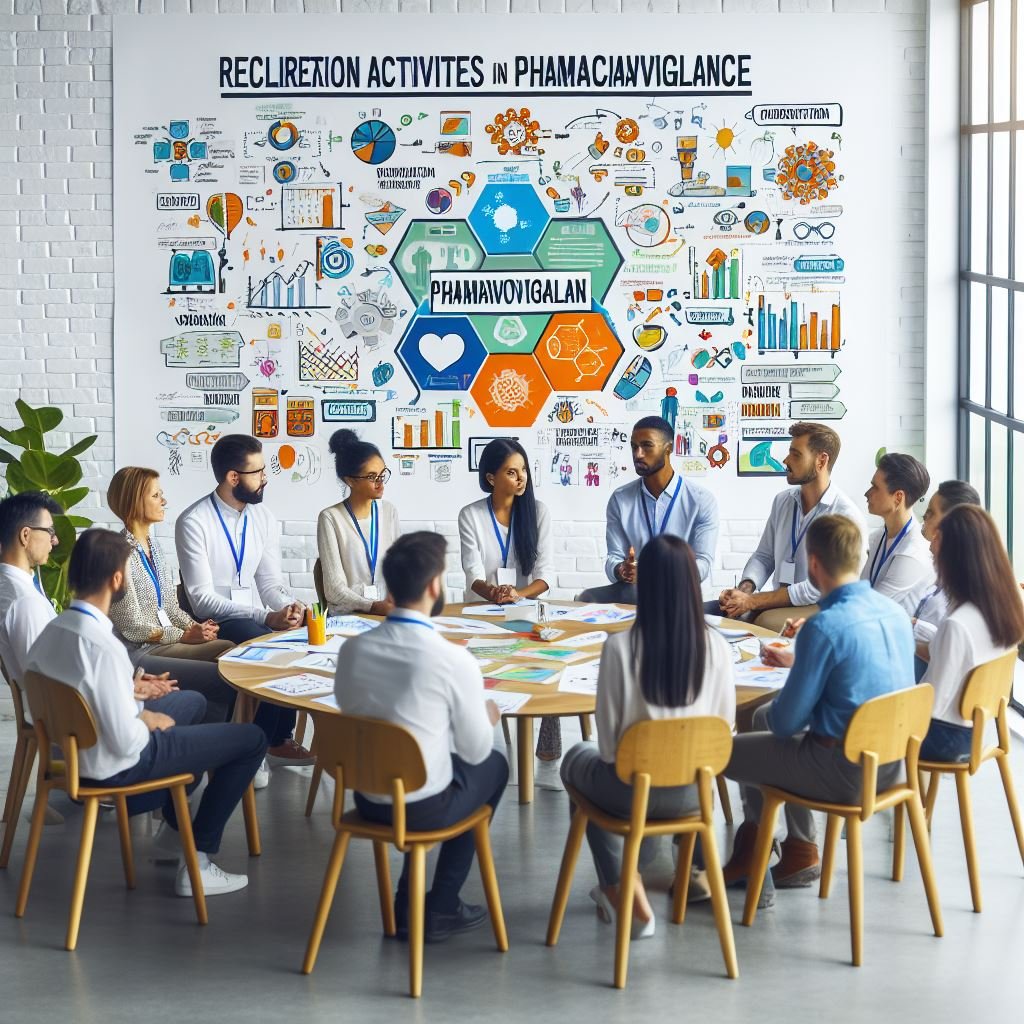As we look towards the future, reconciliation activities in pharmacovigilance are poised for transformation. Let’s explore what the future might hold for these crucial activities.

Increased Automation
With advancements in technology, we can expect to see increased automation in reconciliation activities. Machine learning and artificial intelligence technologies are becoming more sophisticated and can handle complex tasks with greater accuracy and efficiency. This means that many of the manual tasks involved in reconciliation activities could be automated, reducing the risk of human errors and saving time.
Improved Data Standardization
The future also holds promise for improved data standardization. As the importance of data standardization is increasingly recognized, more efforts are being made to develop and adopt standardized data formats and terminologies. This will make it easier to compare and reconcile data from different sources, improving the accuracy and efficiency of reconciliation activities.
Real-Time Reconciliation
Real-time reconciliation is another exciting possibility for the future. With the help of advanced technologies, discrepancies can be identified and resolved as soon as they occur. This will ensure the accuracy and integrity of data at all times, leading to more reliable safety assessments and better decision-making.
Advanced Analytics
The future of reconciliation activities will also be shaped by advancements in analytics. With the help of advanced analytics tools, large volumes of data can be analyzed quickly and accurately. This will provide valuable insights that can enhance the effectiveness of reconciliation activities and contribute to the overall goal of pharmacovigilance – ensuring patient safety.



